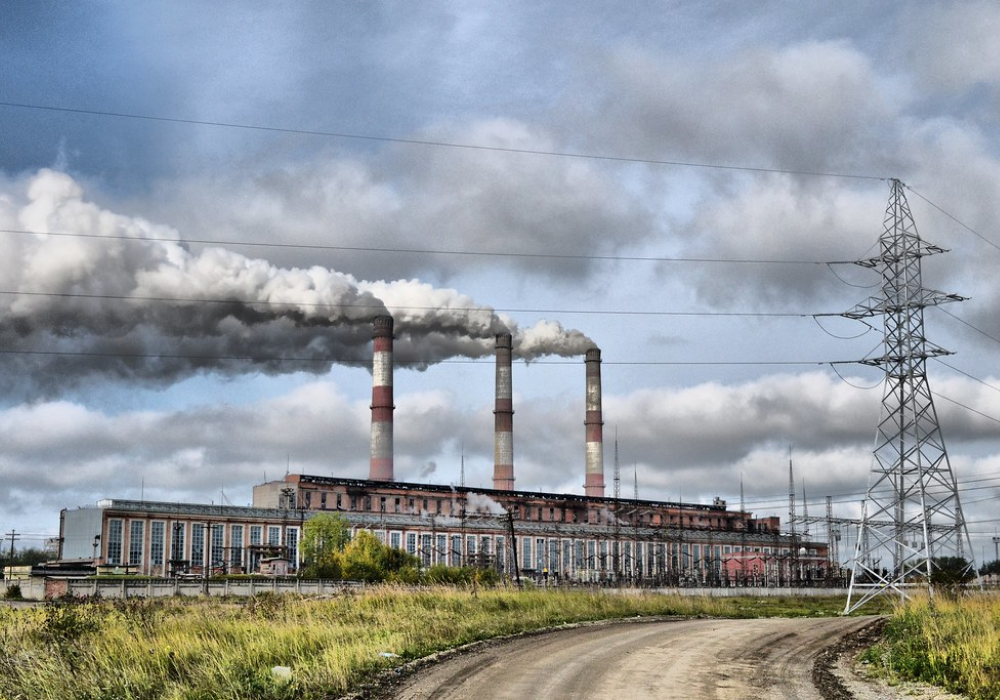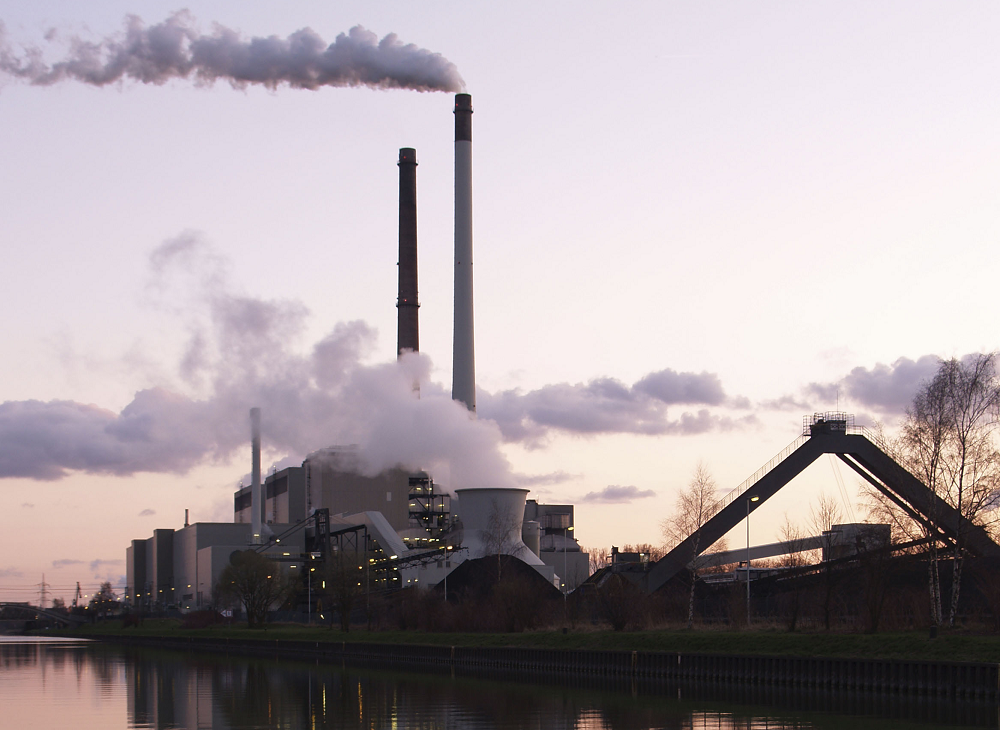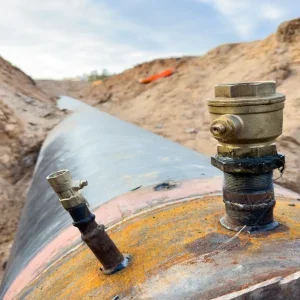
A carbon border tax would stop the UK from hiding its actual CO2 emissions levels, according to a report.
London-based think tank the Centre for Policy Studies (CPS) said Britain is not addressing its offshoring of emissions — through importing electricity from other countries — despite the government’s 2050 net-zero target.
The CPS’ paper, The Great Carbon Swindle, claims ‘carbon offshoring’ allows the UK to mask the full extent of the emissions involved in its supply chains and calls for more action to be taken ahead of the country hosting the UN’s COP26 climate conference in November.
Tony Lodge, CPS research fellow and author of the report, said Britain’s commitment to cutting greenhouse gas emissions to net zero by 2050 carries “Herculean responsibilities to decarbonise the energy, transport, industry and housing sectors”.
“A carbon border tax would provide a far more accurate picture of Britain’s true carbon footprint, deter carbon offshoring and reduce global carbon emissions,” he added.
“It would also establish a clear British policy lead on climate change as the COP26 summit approaches.”
Why a carbon border would stop the UK hiding emissions
As the UK looks to reduce its reliance on high-polluting fossil fuels, the government is phasing out coal by 2025 and increasing its stake in renewables.
Clean energy made up 48.5% of the country’s energy mix in 2019, while CO2 levels fell by 29% across the past decade as Britain looks to help cap the rise in global temperatures by “at least” 2C by 2050 – in line with the 2015 Paris Agreement.
But, despite figures suggesting the UK has experienced a large fall in emissions, the CPS has called for the introduction of a carbon border tax on carbon-intensive imports to reduce global emissions and better support domestic industries.

Lodge believes the tax should be imposed on steel, coal and electricity production to “level the playing field and cut emissions”.
The report claims the UK imports six-times more electricity than it exports and is increasingly reliant on power delivered via undersea interconnectors.
But in this process, the same carbon levies are not applied, with no way of knowing the source of electricity being used.
Coal imported during the UK’s coal-free fortnight
Last year, the National Grid reported it was able to run the UK’s energy supply for a fortnight without any coal on the system – and it is aiming to for there to be zero carbon in the mix by 2025.
But the CPS said despite there being no domestic coal used to power the grid, Britain imported an estimated 40.4 gigawatt-hours (GWh) of coal-fired generation from the Netherlands.
The report notes that it is the same situation in terms of carbon-intensive raw materials such as coal.
Although coal mining pits have closed across the country, the CPS claims millions of tonnes are still being imported from overseas for industrial use, in particular in the steel industry – which carries additional emissions costs, in areas like transportation.
It says, emissions from imported goods and raw materials, including coal, steel and electricity, are not included in the UK’s statistics — allowing it to continue using energy generated from fossil fuels, while appearing to be meeting emissions targets.
The group claims this not only hides the real picture on emissions but also “discriminates against UK companies” that are subject to climate levies, planning and regulatory hurdles that their “competitors overseas do not have to face, such as the carbon price floor”.
A chance for the UK to ‘show global leadership’
Lodge believes that with COP26 approaching, it is a chance for the nation to “show global leadership” and that failure to act will lead to “more hidden pollution, fewer jobs, insecure power supplies and more global emissions”.
He added that dealing with the most carbon-intensive imports, including steel, coal, chemicals, cement, fertilisers and electricity, would not only help put an end to carbon leakage but also cut Britain’s global greenhouse gas footprint.
This could also lead to more domestic production in these sectors, claims Lodge.
The report highlights that because such a carbon border tax would be limited to carbon-intensive sectors, it could be calculated with reference to the electricity mix of the exporting country — making it far simpler to introduce than economy-wide carbon taxation.
It adds this would also incentivise other countries to invest in nuclear or renewable energy and generate revenues that could be used to cut costs for consumers.






